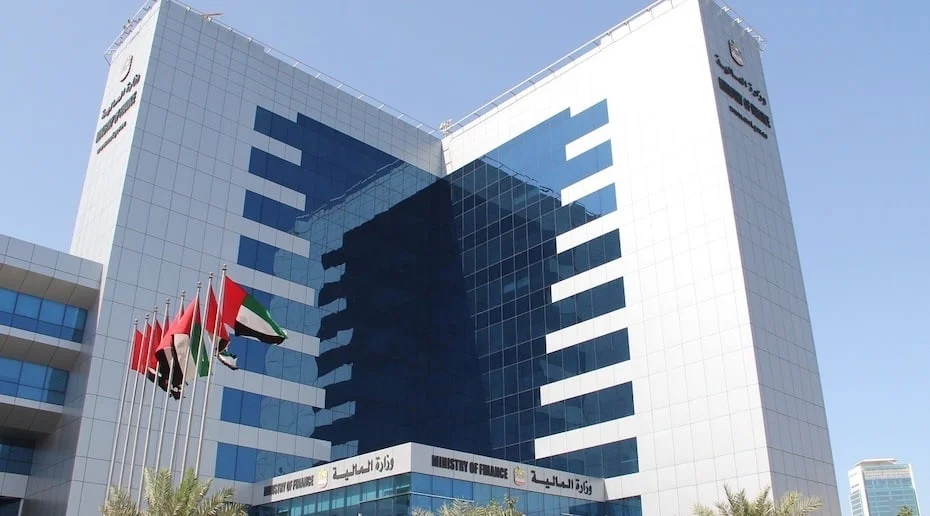
Image: WAM
The UAE Ministry of Finance has issued a new ministerial decision outlining how depreciation adjustments will apply to investment properties held at fair value, under the framework of the country’s corporate tax law.
The decision provides clarity for businesses that report investment properties at fair value in their financial statements.
Read-UAE tightens tax rules on sugary drinks: What you need to know
It specifies the conditions under which depreciation will be calculated and the method for making tax adjustments, in line with the Federal Decree-Law No 47 of 2022 on the Taxation of Corporations and Businesses.
Investment properties: The move is part of ongoing efforts to implement the UAE’s corporate tax regime
The ministry said the decision aims to ensure consistency in how taxable income is calculated for corporate tax purposes, especially in sectors where investment properties are a significant part of the balance sheet.
The move is part of ongoing efforts to implement the UAE’s corporate tax regime, which took effect from June 2023 and applies a 9 per cent tax rate on business profits exceeding Dhs375,000 annually.
Further guidance is expected to be released to support companies in aligning their tax reporting with the new requirements.
Abu Dhabi-based property developer Aldar welcomed the update, with group chief financial and sustainability officer Faisal Falaknaz calling it a “progressive and well-calibrated step” that promotes fairness, supports long-term capital planning, and boosts investor confidence.
It’s a technical change, but one that could have a big impact on how real estate firms approach tax compliance and valuation strategies in the UAE.
“Aldar expresses its gratitude for the UAE Ministry of Finance for this progressive and well-calibrated step, which reflects a deep commitment to fairness, clarity, and international best practices in the implementation of the Corporate Tax Law,” Falaknaz said.
In recent news the Ministry of Finance and the Federal Tax Authority also amended the excise tax on sugar-sweetened beverages, replacing the flat rate with a tiered volumetric model that ties the tax per litre to the sugar content per 100ml.
The higher the sugar content, the higher the tax, an approach aimed at promoting public health, curbing consumption of high-sugar drinks, and pushing manufacturers to reduce sugar levels in their products.





